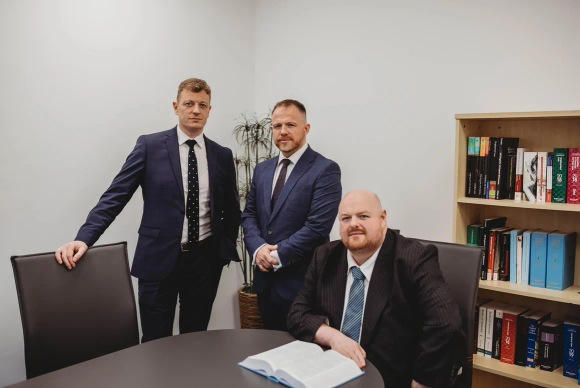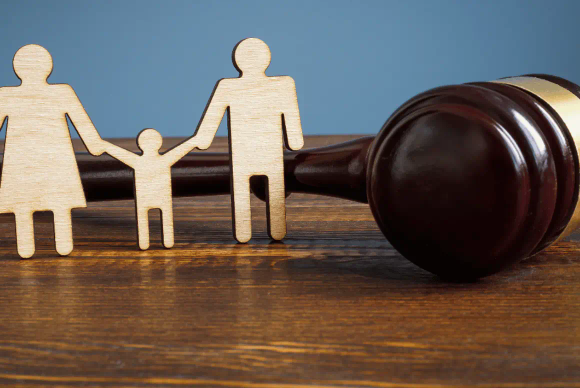What Powers Do Social Services Have?
Social services have significant powers to ensure the safety and welfare of children. Their key powers include:
- Assessments: Conducting Section 17 (child in need) or Section 47 (child protection) assessments.
- Intervention: Recommending child protection plans if concerns about neglect or abuse are found.
- Court Applications: Seeking care orders, supervision orders, or emergency protection orders through the family court.
- Emergency Actions: In extreme situations, they can place a child in emergency care with police involvement (Police Protection Orders) for up to 72 hours.
Their primary goal is safeguarding children, but these powers are always subject to legal checks and balances.
Can Social Services Take My Child Without Court Approval?
Social services usually require a court order to remove a child from their home. However, there are exceptions. For example, in urgent situations, the police can issue a Police Protection Order, which allows them to place a child in temporary care for up to 72 hours if they believe the child is in immediate danger. Another exception is when parents voluntarily agree to temporary care under Section 20 of the Children Act 1989.
If social services intend to seek a care order, parents have the right to attend court, present their case, and contest the application. It’s essential to seek legal advice promptly in these circumstances to protect your rights and ensure the best possible outcome for your family.
What Happens at a Child Protection Conference?
A Child Protection Conference is a formal meeting where professionals discuss concerns about a child’s welfare. Here’s what to expect:
- Participants: Social workers, teachers, health professionals, and the child’s family.
- Agenda: Review evidence, identify risks, and decide whether a child protection plan is needed.
- Outcome: If risks are found, a plan is created to safeguard the child.
Parents can attend and share their views. Having a solicitor or advocate can help ensure your perspective is heard.
How Do I Challenge a Social Services Decision?
You can challenge a social services decision through several steps:
- Speak to the Social Worker: Request a clear explanation of the decision.
- File a Complaint: Use the local authority's complaints procedure.
- Seek Legal Advice: A solicitor can help challenge decisions through mediation or court proceedings.
Common challenges include opposing care orders, disputing child protection plans, or appealing denied contact rights.
Can Social Services Force Me to Cooperate?
Social services cannot compel you to cooperate unless they obtain a court order. However, refusing to engage with social services can have serious consequences. For instance, non-cooperation may prompt them to escalate the case to court, where decisions could be made without your input.
You are entitled to ask questions and seek legal advice before agreeing to any voluntary arrangements, such as those under Section 20 of the Children Act 1989. Cooperating with social services while protecting your legal rights often results in better outcomes for your family. Legal guidance can help you navigate this process effectively.
What Are My Rights as a Parent When Social Services Are Involved?
Parents have rights, even during social services involvement:
- Representation: You can seek legal advice at any stage.
- Information: You have the right to know why social services are involved and access reports about your child.
- Participation: Attend meetings, conferences, and court hearings regarding your child.
- Appeals: Challenge decisions, such as care orders or protection plans, through complaints or legal processes.
Understanding these rights can help you navigate social services involvement with confidence.



